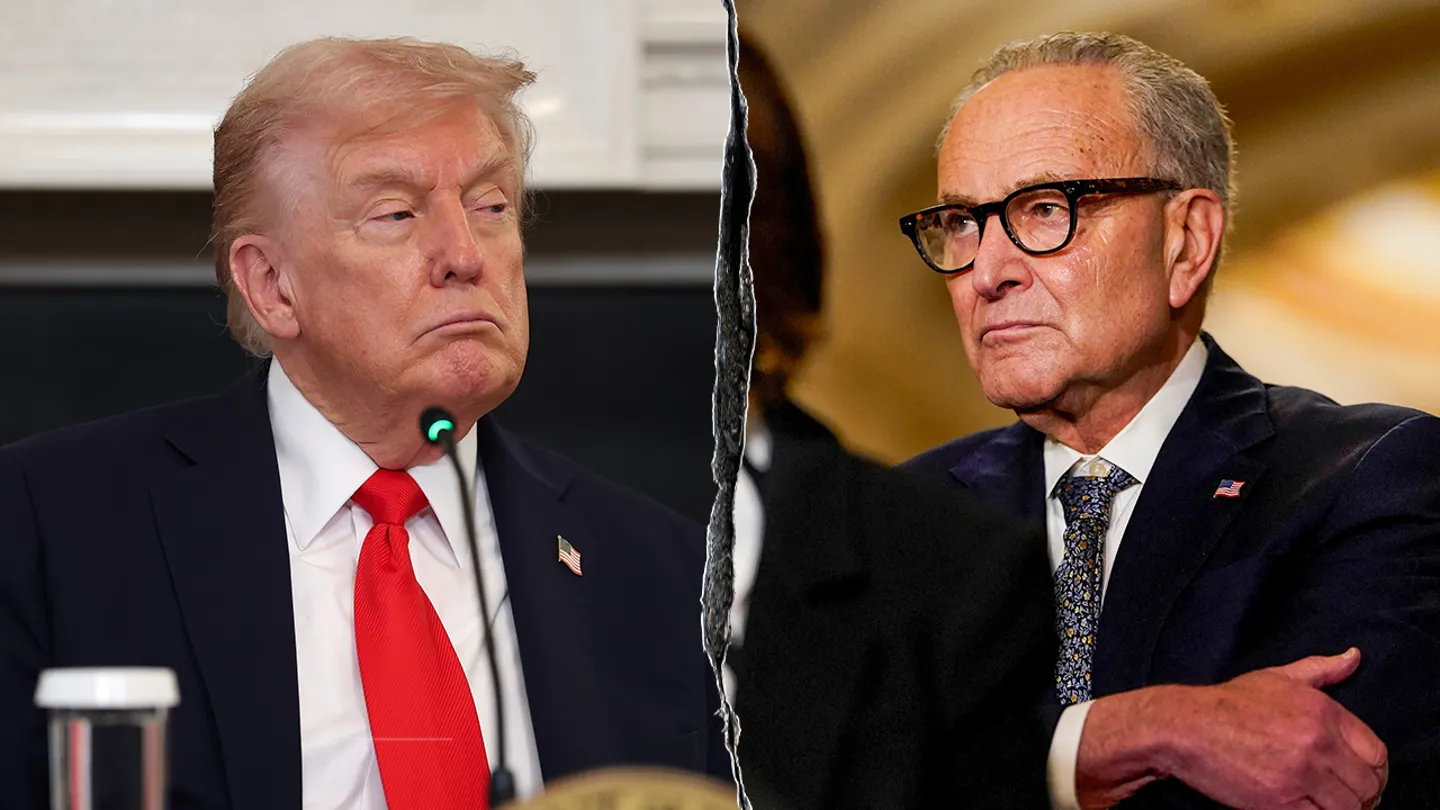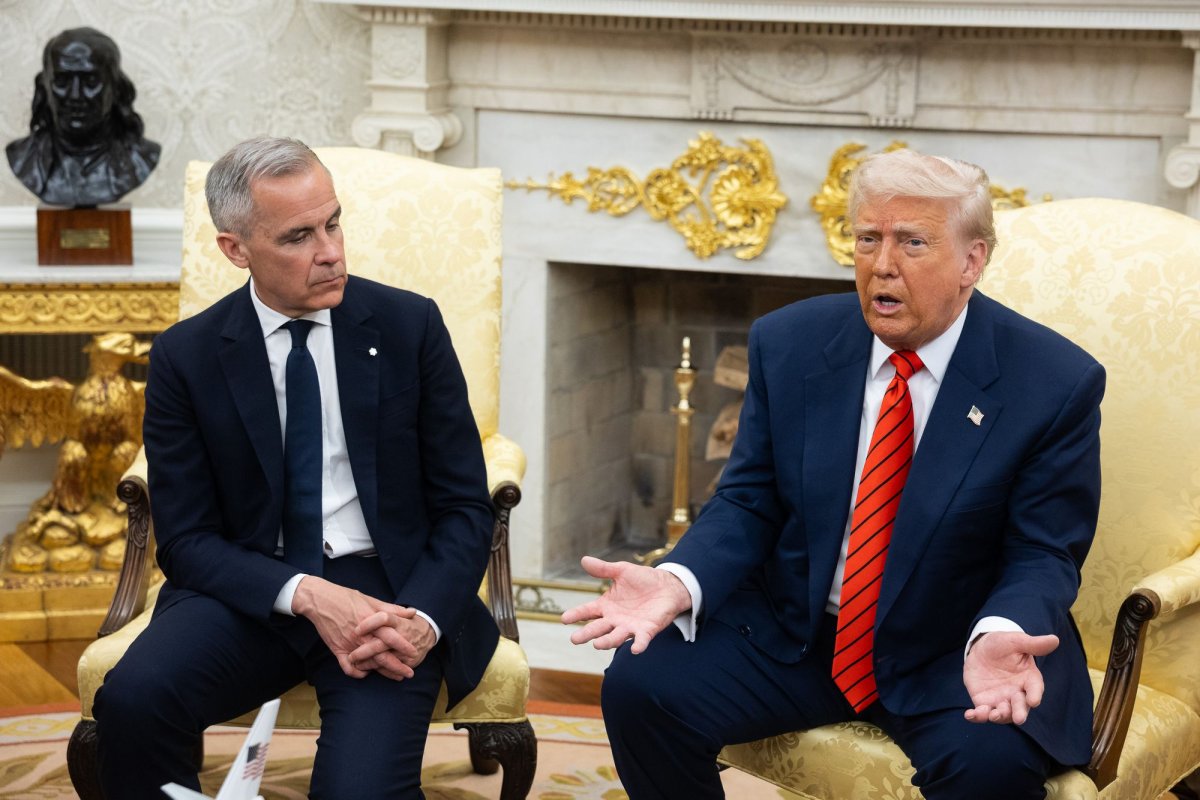Washington has publicly expressed its opposition to Israel’s assassinations on Lebanese soil, but never tried to stop Netanyahu
Failing to achieve its primary objectives of crushing Hamas and recapturing its detainees by force, the Israeli military recently announced that it is moving into what it calls “phase 3” of its war in Gaza.
Despite claims to the contrary by the Israeli leadership, around a dozen armed groups based in the besieged Palestinian territory continue to wage daily battles from north to south. Having inflicted what UN aid chief Martin Griffiths called “the worst ever” humanitarian crisis, killing roughly 30,000 Palestinians in the process, the invading Israeli army has very little to show for it militarily.
In light of the military debacle in Gaza, where Hamas has only grown in popularity and credibility, the attention of Israeli Prime Minister Benjamin Netanyahu seems to have shifted outside the borders of Palestine-Israel. This is likely down to the fact that the Israeli PM knows his political career is effectively over once the war on Gaza ends. On January 2, Israel carried out an assassination strike in Dahiyeh, a southern suburb of Beirut, killing the deputy head of Hamas’ political bureau, Salah al-Arouri, and six others who were with him. This constituted the first Israeli strike on the Lebanese Capital since the Hezbollah-Israel war of 2006.
Following the 2006 war between Lebanon and Israel, the Secretary General of Lebanese Hezbollah, Seyyed Hassan Nasrallah, has repeatedly made it clear that the targeting of the nation’s Capital is a red line for the armed group. Israel’s war government knew this and that the attack merited a response by Hezbollah, which has been engaged in frequent armed exchanges along the Lebanese southern border since January 8.
In the first speech that the Hezbollah secretary general gave in October after the start of the war between Gaza and Israel, he said: “We will not let Hamas lose,” indicating that Hezbollah would be playing a supporting role in the war. All regional forces allied with Hamas and the other Palestinian armed groups in Gaza have stated the same – that they are playing supporting roles and are not engaged in an all out war. In the case of Hezbollah, even with the targeting of civilians and journalists by Israel, as well as notable personalities affiliated with the group, Hezbollah has stuck to its word and not escalated to full-scale war.
Israel is, however, testing the Lebanese party, having gone a step further on January 8 by assassinating Hezbollah infantry commander Wissam Taweel in an airstrike on his car in southern Lebanon. In response to the two assassination attacks, Hezbollah launched strikes on Israel’s northern command center in Safad and the northern military base of Meron, with precision missiles, drones, and rockets. Despite these attacks representing a qualitative jump in the level of targets that the Lebanese group is willing to hit, they were strategic and clearly designed to prevent the situation from deteriorating into a full-scale war.
Another important operation by Hezbollah was the targeting of an Israeli Merkava tank from a distance of 8km using an improvised guided anti-tank weapon. This served as a warning to Israel’s military leadership, indicating that any attempt to invade Lebanese territory will be combated from significant distances and will likely result in failure.
Although the full capabilities of Hezbollah are not fully understood, we know from publicly available data and estimates that the group has a standing military force of around 100,000 fighters, armed with hundreds of thousands of missiles, many precision-guided. It is widely understood that in the event of war the Lebanese armed group is capable of leveling entire suburbs in cities like Tel Aviv and Haifa. The US knows all of this and has publicly expressed its opposition to a war between Lebanon and Israel, yet its actions in the region say something different.
To begin with, US Secretary of State Antony Blinken has on two occasions bypassed Congress to transfer hundreds of millions worth of munitions to Israel, while providing unconditional all-round support for the Israeli offensive against Gaza. While giving Israel the green light to commit any action it likes, and refusing to reprimand it for extrajudicial assassinations in Lebanon, the Biden administration ordered an assassination strike of its own in Iraq. The US launched airstrikes in Baghdad that killed Mushtaq al-Jawari, a commander of the Iraqi Popular Mobilization Units (PMU). The assassination of an Iraqi commander considered an integrated part of Iraq’s official security apparatus was a reckless move that led to the Iraqi prime minister stating the US had violated its agreements for remaining in the country.
Meanwhile in Yemen, as part of its multi-national “Operation Prosperity Guardian” the US military launched strikes on three boats belonging to the Ansar Allah (Houthi) movement, killing ten, and followed this up with a joint US-UK air attack on targets throughout the country. While Houthi forces, who lead a government from the capital city Sana’a, have not killed anyone in their attacks on commercial ships heading to the Israeli port of Eilat, the US quickly acted to escalate tensions. This was in preference to listening to the simple Houthi demand that aid be allowed into Gaza to keep the population from starving to death.
In every instance, the US refuses to engage in diplomacy and to enforce international law. Instead it enacts the law of the jungle and permits the continuation of horror in Gaza. While it claims it does not seek regional war, it acts to escalate tensions and encourages the Israeli government to act against Washington’s stated interests by attempting to trigger war with Lebanon.
Hezbollah has no interest in a war at this time, as an end to the war in Gaza would represent a massive victory for the Palestinian national movement and promote an end to the illegal siege of the Gaza Strip, in addition to triggering negotiations for a Palestinian State. If Hezbollah were to engage in a war with Israel, focus would shift to Lebanon and even the reconstruction efforts in Gaza would be undermined in a post-war scenario. It is apparent that Hezbollah is acting to draw Israel’s resources to the north and to play a supporting role in favor of the Palestinians, which has led to an extremely measured approach from the group, even in the face of an attack on Beirut.
The only ones who could benefit from an Israeli-Lebanese war are current Israeli military, political, and intelligence leaders. Israeli leaders have failed to secure any major military achievements in Gaza. They know their time in power is limited and appear poised to drag their own nation into a war that cannot be won. In the event of a war with Lebanon, which would certainly spark a wider regional conflict, Israel would hope to drag in the US military. Such a conflict could lead to hundreds of thousands, if not millions of deaths. All of this could be stopped in a day if the Biden administration simply put its foot down, yet it seems to possess neither the motivation nor the competence to prevent this doomsday scenario.




